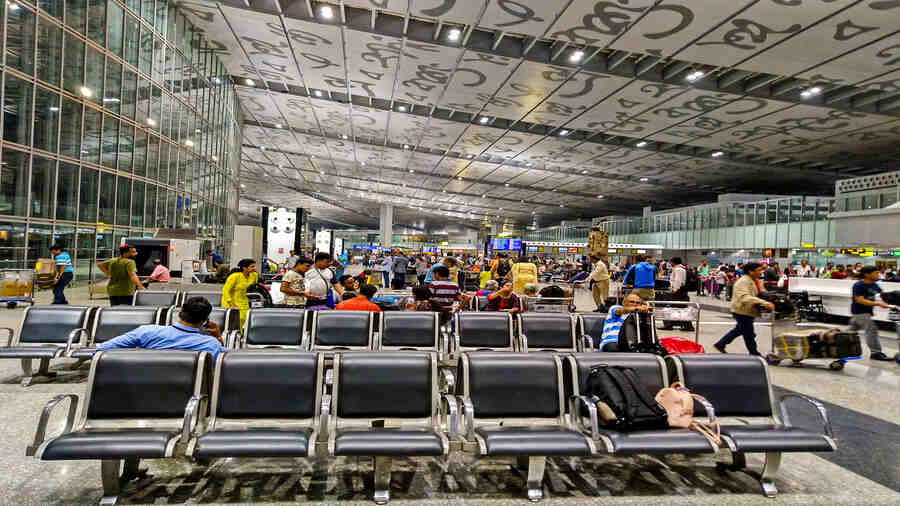Even as India has become the third largest market in terms of domestic traffic, the penetration of international air travel remains low, CAPA India chief Kapi Kaul said on Friday.
He also pitched for regulatory reforms, saying if corrective measures are not taken, the capacity pipeline will reduce further.
"In terms of domestic traffic, we have reached number 3. But in terms of international (traffic), we are ranked at 18. In spite of being the third-largest domestic market, the penetration of (international) air travel remains lowest among the top 20 domestic markets," Kaul said.
He was delivering the keynote address at a function organised here by JRD Tata Memorial Trust to mark the 119th birth anniversary of JRD Tata.
Kaul said India's seats per capita consumption stands at 0.13, whereas the same for a country like Australia is as much as 3.11.
The long-term fundamentals for growth are very strong, he said, adding that "we have only searched the surface of international travel. We are 0.06 in terms of seats per capita consumption".
"We will continue to grow as we move from (USD 4 trillion (economy) to (USD) 15 trillion...and we will be equal to the size of the United States," he said.
The privatisation of Air India, nearly two years ago, is a "landmark reform", steering domestic aviation into its most promising decade, he added.
"As we stand on the threshold of the most promising decade for Indian aviation poised to conquer international markets, the statistics narrate a compelling story," he said.
Over the 15 years to FY19, international passenger volumes at Indian airports witnessed a 10 per cent CAGR surge, reaching 69.5 million -- 4.2 times higher than in 2004, Kaul noted.
He said there is a need to strengthen institutions like the Directorate General of Civil Aviation (DGCA) and Bureau of Civil Aviation (BCAS), and that the government must script bold reforms to ensure a smooth flight into the future.
Except for the headline, this story has not been edited by The Telegraph Online staff and has been published from a syndicated feed.











